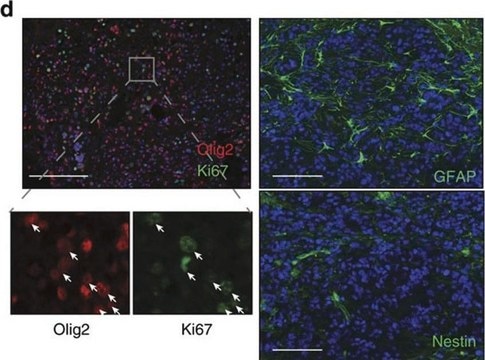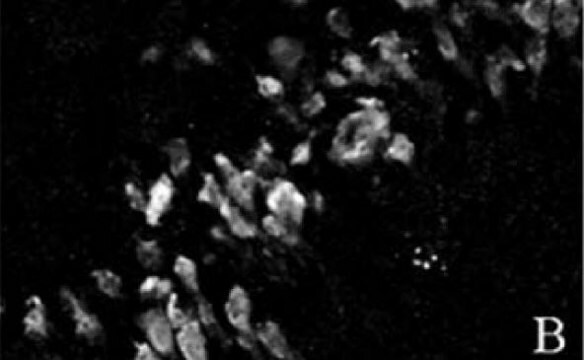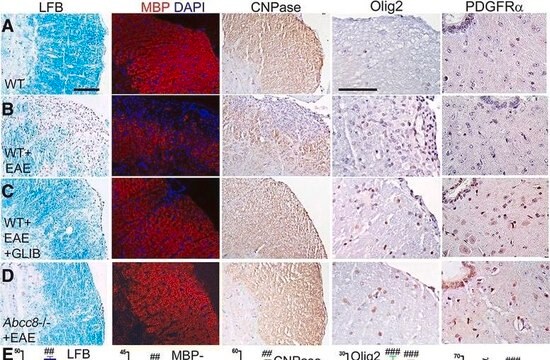484R-1
PRAME (EP461) Rabbit Monoclonal Primary Antibody
Sinónimos:
Preferentially-expressed Antigen in Melanoma
About This Item
Productos recomendados
biological source
rabbit
Quality Level
100
500
conjugate
unconjugated
antibody form
culture supernatant
antibody product type
primary antibodies
clone
EP461, monoclonal
description
For In Vitro Diagnostic Use in Select Regions
form
buffered aqueous solution
species reactivity
human
packaging
vial of 0.1 mL concentrate (484R-14)
vial of 0.1 mL concentrate Research Use Only (484R-14-RUO)
vial of 0.5 mL concentrate (484R-15)
vial of 1.0 mL concentrate (484R-16)
vial of 1.0 mL concentrate Research Use Only (484R-16-RUO)
vial of 1.0 mL pre-dilute Research Use Only (484R-17-RUO)
vial of 1.0 mL pre-dilute ready-to-use (484R-17)
vial of 25.0 mL pre-dilute ready-to-use Research Use Only (484R-10-RUO)
vial of 25.0 mL pre-dilute ready-to-use (484R-10)
vial of 7.0 mL pre-dilute ready-to-use (484R-18)
vial of 7.0 mL pre-dilute ready-to-use Research Use Only (484R-18-RUO)
technique(s)
immunohistochemistry (formalin-fixed, paraffin-embedded sections): 1:25-1:50 (concentrated)
isotype
IgG
control
melanoma
shipped in
wet ice
storage temp.
2-8°C
visualization
nuclear
Categorías relacionadas
General description
Quality
- United States - IVD
- Canada - RUO
- European Union - IVD
- Japan - RUO
Physical form
Preparation Note
Note: This requires a keycode which can be found on your packaging or product label.
Other Notes
¿No encuentra el producto adecuado?
Pruebe nuestro Herramienta de selección de productos.
Storage Class
12 - Non Combustible Liquids
wgk_germany
WGK 2
flash_point_f
Not applicable
flash_point_c
Not applicable
Elija entre una de las versiones más recientes:
Certificados de análisis (COA)
Lo sentimos, en este momento no disponemos de COAs para este producto en línea.
Si necesita más asistencia, póngase en contacto con Atención al cliente
¿Ya tiene este producto?
Encuentre la documentación para los productos que ha comprado recientemente en la Biblioteca de documentos.
Nuestro equipo de científicos tiene experiencia en todas las áreas de investigación: Ciencias de la vida, Ciencia de los materiales, Síntesis química, Cromatografía, Analítica y muchas otras.
Póngase en contacto con el Servicio técnico




